
Lurbinectedin plus doxorubicin demonstrated significant clinical activity as a second-line therapy for patients with small cell lung cancer, especially when excluding refractory patients.

Lurbinectedin plus doxorubicin demonstrated significant clinical activity as a second-line therapy for patients with small cell lung cancer, especially when excluding refractory patients.

With the planned submission of an IND for the first AAV gene therapy for the rare genetic condition, some experts are wondering if things are moving too quickly.

Abhinav Deol, MD, discusses the basics of chimeric antigen receptor T-cell therapy, potential new directions for these products, and the possible impact new products might have on the field.

Eric Smith, MD, PhD, discusses the development of novel CAR T-cell therapies for patients with multiple myeloma.

ONCOLOGY spoke with Eric Ko, MD, PhD, who recently published a review article with his colleagues on strategies for combining radiation therapy with immunotherapy for the treatment of non–small-cell lung cancer.

Deepu Madduri, MD, discusses the role of CAR T-cell therapy and other novel treatment options for patients with relapsed/refractory multiple myeloma.

Frontline therapy may be able to be avoided in asymptomatic, young, fit patients with mantle cell lymphoma.
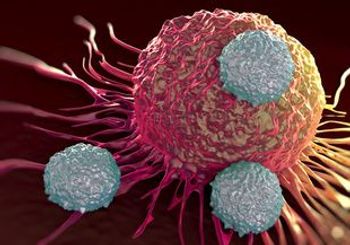
A recent report from the National Comprehensive Cancer Network (NCCN) investigated the current state of chimeric antigen receptor (CAR) T-cell therapy and future strategies to consider as the novel immunotherapy evolves and is used in the treatment of more patients.

While clinical trial findings with chimeric antigen receptor (CAR) T-cell therapy have impacted the landscape of pediatric acute lymphoblastic leukemia, additional CAR T-cell products continue to be investigated.

The FDA has approved moxetumomab pasudotox for the treatment of adult patients with relapsed or refractory hairy cell leukemia following at least 2 prior lines of therapy.
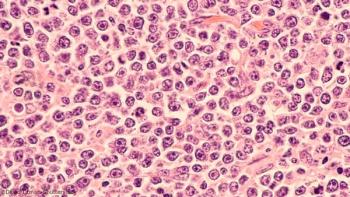
Antiretroviral therapy and rituximab show promise in aids-related diffuse large B-cell lymphoma patients.

Kenneth H. Shain, MD, PhD, discusses the evolution of treatment for patients with newly diagnosed multiple myeloma and how physicians are leveraging data with chimeric antigen receptor T-cell therapy and minimal residual disease negativity to improve outcomes.

Frederick L. Locke, MD, discusses the expansion of CAR T-cell therapy in patients with lymphomas following the 2017 approval of axicabtagene ciloleucel and remaining research questions with the therapy.
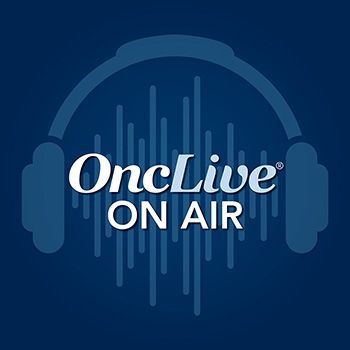
We headed to Tampa, Florida for a State of the Science Summit on Hematologic Malignancies. The meeting covered updates in follicular lymphoma, chronic lymphocytic leukemia, mantle cell lymphoma, multiple myeloma, acute lymphoblastic leukemia, chronic myeloid leukemia, acute myeloid leukemia, myeloproliferative neoplasms, and CAR T-cell therapy.
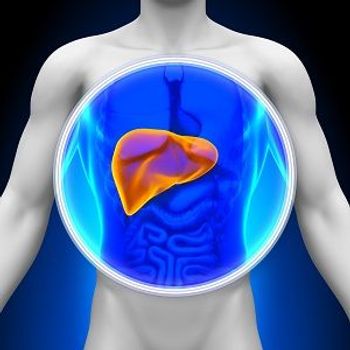
One patient saw a complete response, and the therapy was well tolerated, especially compared with the adverse effects sometimes seen with chimeric antigen receptor (CAR) T-cell treatment in blood cancers thus far.
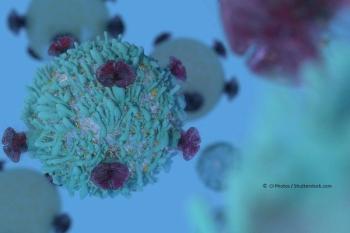
Recent studies on CAR T-cell immunotherapy, and the recent approval of a new agent, add to evidence supporting the efficacy of these therapies.
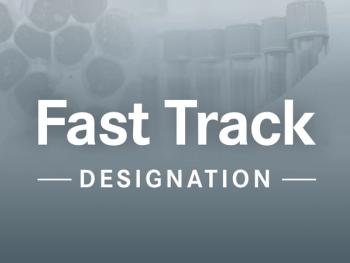
The FDA has granted a fast track designation to FCX-013, a gene therapy for the treatment of patients with moderate to severe localized scleroderma.

A 17-gene signature derived from circulating tumor cells was found to correlate with response to therapy in patients with breast cancer.

David G. Maloney, MD, PhD, reviews the latest developments with chimeric antigen receptor T-cell therapy in patients with non-Hodgkin lymphoma.

The latest approach to developing a gene therapy for Duchenne muscular dystrophy shows promising results.
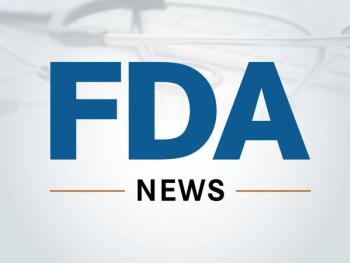
The FDA has granted a priority review for an anti-PD-1 therapy for the treatment of adults and pediatric patients with recurrent locally advanced or metastatic Merkel cell carcinoma.
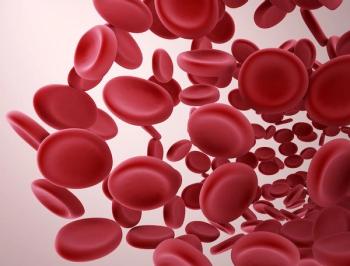
Investigators in Cincinnati have linked a gene with myelodysplastic syndromes, potentially offering the first step toward a new genetic therapy.
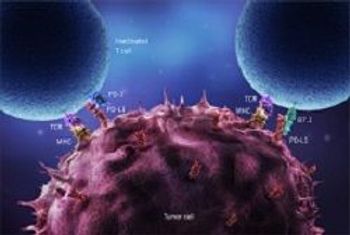
Only 1 day after the European Commission approved CAR T-cell therapies, the National Institute for Health and Care Excellence deemed the treatment too expensive to justify on Britain's state-funded health service.
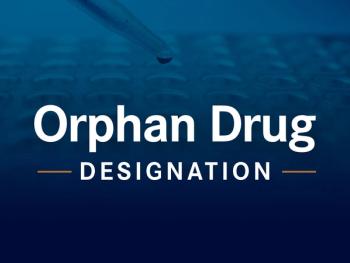
The FDA has granted an orphan drug designation to ReflectionBio's AAV-based gene therapy, the RBIO-101 program (AAV.CYP4V2), for the treatment of Bietti's crystalline dystrophy (BCD).

Every week, The American Journal of Managed Care® recaps the top managed care news of the week, and you can now listen to it on our podcast, Managed Care Cast.

Jonathon B. Cohen, MD, discusses the potential benefit of offering deferred therapy to asymptomatic patients with mantle cell lymphoma.

The FDA grants an orphan drug designation to a novel gene therapy candidate for the treatment of patients with hereditary angioedema.
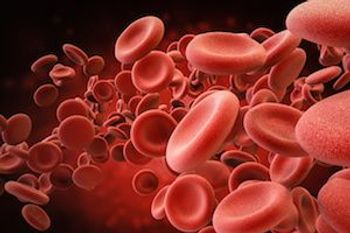
The first patient has been treated in a phase 2b dose-confirmation study of AMT-061, an investigational gene therapy for the treatment of patients with severe and moderately severe hemophilia B. Once the dosing of AMT-061 is confirmed, the safety and efficacy of the therapy will be evaluated in the global phase 3 HOPE-B clinical trial.

The mesenchymal stem cell therapy passed an interim safety analysis for the first 31 patients with amyotrophic lateral sclerosis.
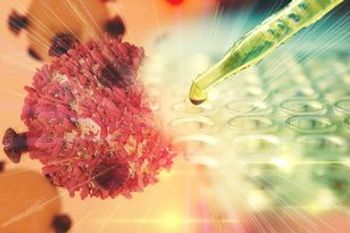
During a meeting of the Medicare Evidence Development and Coverage Advisory Committee (MEDCAC), panelists heard from chimeric antigen receptor (CAR) T therapy drug makers, health researchers, and policy makers, and mostly endorsed including patient-reported outcomes (PROs) in its final national coverage analysis decision, expected next year.